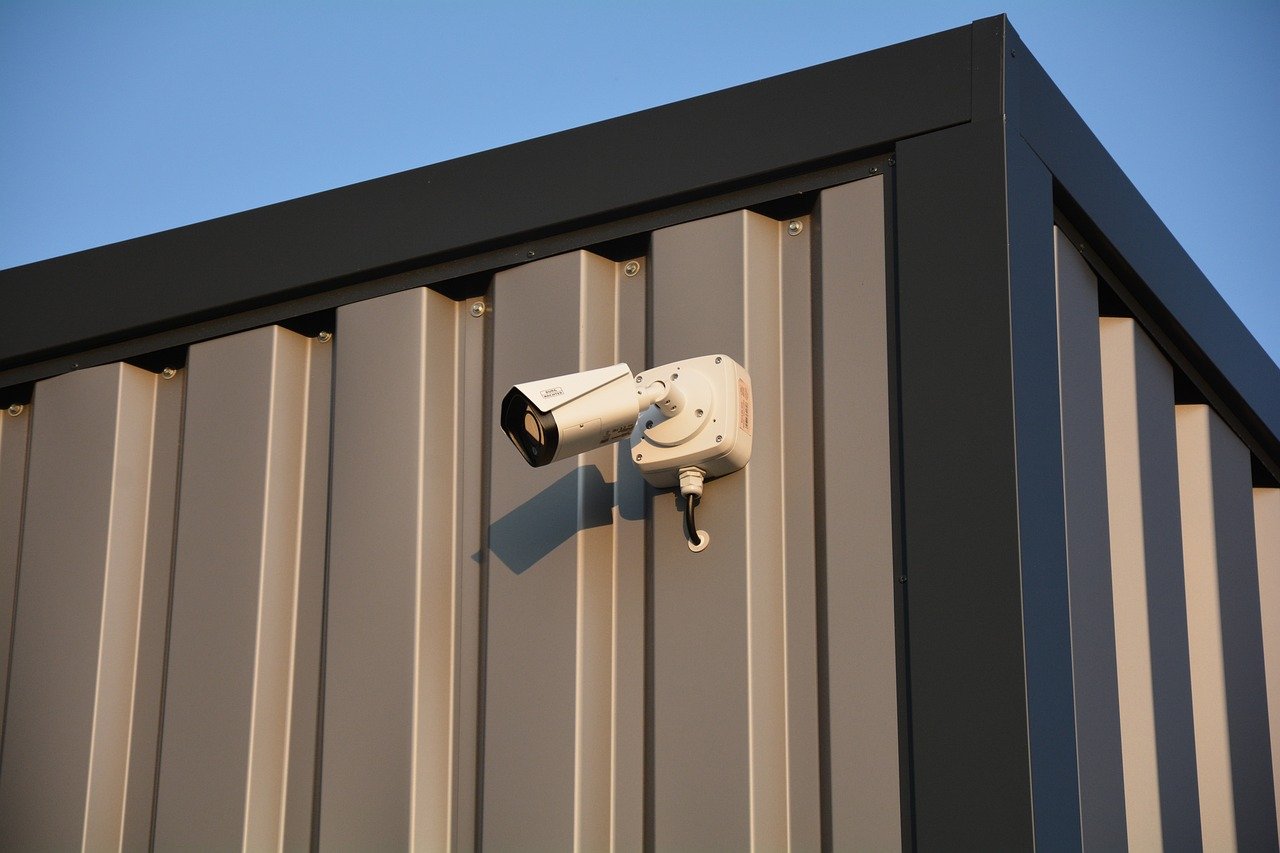Photo by Novikov Aleksey / Shutterstock.com
Union Minister of Electronics and Information Technology, Ashwini Vaishnaw, tabled the Telecommunications Bill, 2023, in Lok Sabha, the lower house of Parliament. The bill was cleared by the Union Cabinet in August, paving the way for the introduction of the bill in the winter session.
The bill proposes to replace the British-era laws — the Indian Telegraph Act of 1885 and the Indian Wireless Telegraphy Act of 1933. The bill also seeks to replace one of the first telegraph acts of independent India — the Telegraph Wires (Unlawful Possession) Act of 1950.
In an exemplary note to the Indian Telecommunications Bill, 2022, the government asserts that the ‘telegraph-era’ bills are no longer useful in dealing with new and emerging technologies such as 4G, 5G, Internet of Things, Industry 4.0, M2M Communications, and Mobile Edge Computing, among others.
Thus, in the bill’s Preamble, the government clears their aim. “The Bill aims to consolidate and amend the existing laws governing provision, development, expansion and operation of telecommunication services, telecommunication networks and telecommunication infrastructure and assignment of spectrum.”
Let’s look at the Telecommunications Bill and understand why a mass outrage was against it.
Problems in licensing
In Chapter 3, titled ‘Licenses, Registration, Authorisation, and Assignment’, the government claims exclusive rights over:
- Providing telecommunication services
- Establishing, operating, maintaining and expanding telecommunication networks and infrastructure
- Using, allocating and assigning spectrum.
According to Nikhil Pahwa, Journalist and founder of Medianama, “Licensing is a form of authorisation: what isn’t authorised, won’t be allowed. Expanding that to online services is regressive and should be limited to spectrum-related services.”
As the centre will have the power to issue licenses, it is not yet clear how the government will navigate the complexities as telecommunication and telecommunication services are two different things.
Full control over platforms

Under Clause 2(21) of the bill, the government expanded the definition of telecommunication services to include over-the-top (OTT) and internet-based communication services. These can include virtually all social media, messaging platforms, and video services.
This passage considerably enhances the government’s position vis-a-vis the major technology players and platforms and directly affects user’s privacy.
However, Mint reported that the government may not include OTT platforms under licensing. “We have categorically maintained that we don’t have any intent of having the licensing regime for OTTs. The focus is on protecting the users, their safety, and online trust. What needs to be done for that will be done,” a senior government official told Mint.
Enabling KYCs?
Under Clause 4(7), the government mandates the service providers to identify the person through a “verifiable mode of identification as may be prescribed.”
The identification of the person sending the message will be available to the person receiving the message in a form specified by the government.
The bill indirectly paves the pay for Know Your Customer (KYC) form for social media and OTTs.
Hello Big Brother
Under Chapter 6, sub-section 24(1), the government reserves the right to take over telecommunication services in the “interest of public safety.” In sub-section 24(2), the government mentions a few other instances where the government can direct any individual or a group to stop the message communication or intercept, detain, or suspend the communications.

Here’s what clause 24(3) says:
“Press messages intended to be published in India of correspondents accredited to the Central Government or a State Government shall not be intercepted or detained, unless their transmission has been prohibited under sub-clause (a) of sub-section (2).”
- The government can seize all the communication among the country’s citizens under this clause.
- The terms ‘interest of the sovereignty, integrity or security of India’ are not well-defined even in the Constitution and have been used repeatedly by various governments to curb criticism.
- Not only should the common citizens be under scrutiny, but the government has given itself the power to censor the press, enabling an environment of mass surveillance.
- The government can also use this clause to justify the internet shutdowns in the future.
The bill also raises the fear that the Telecom Regulatory Authority of India (TRAI) will have negligible powers left in licensing.
In the News: Deloitte employs AI for workforce productivity and restructuring






